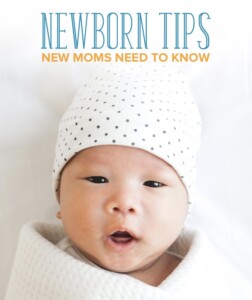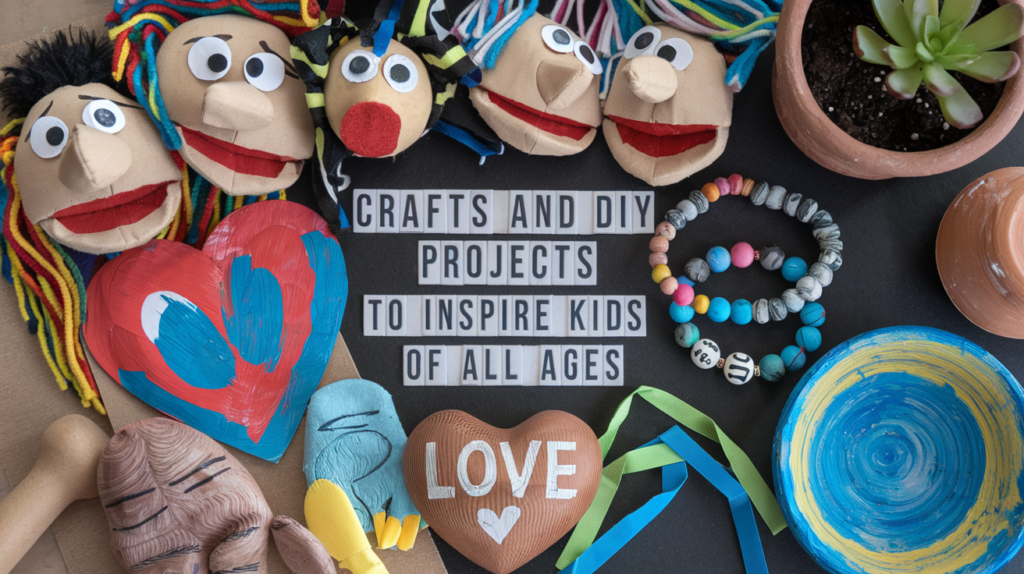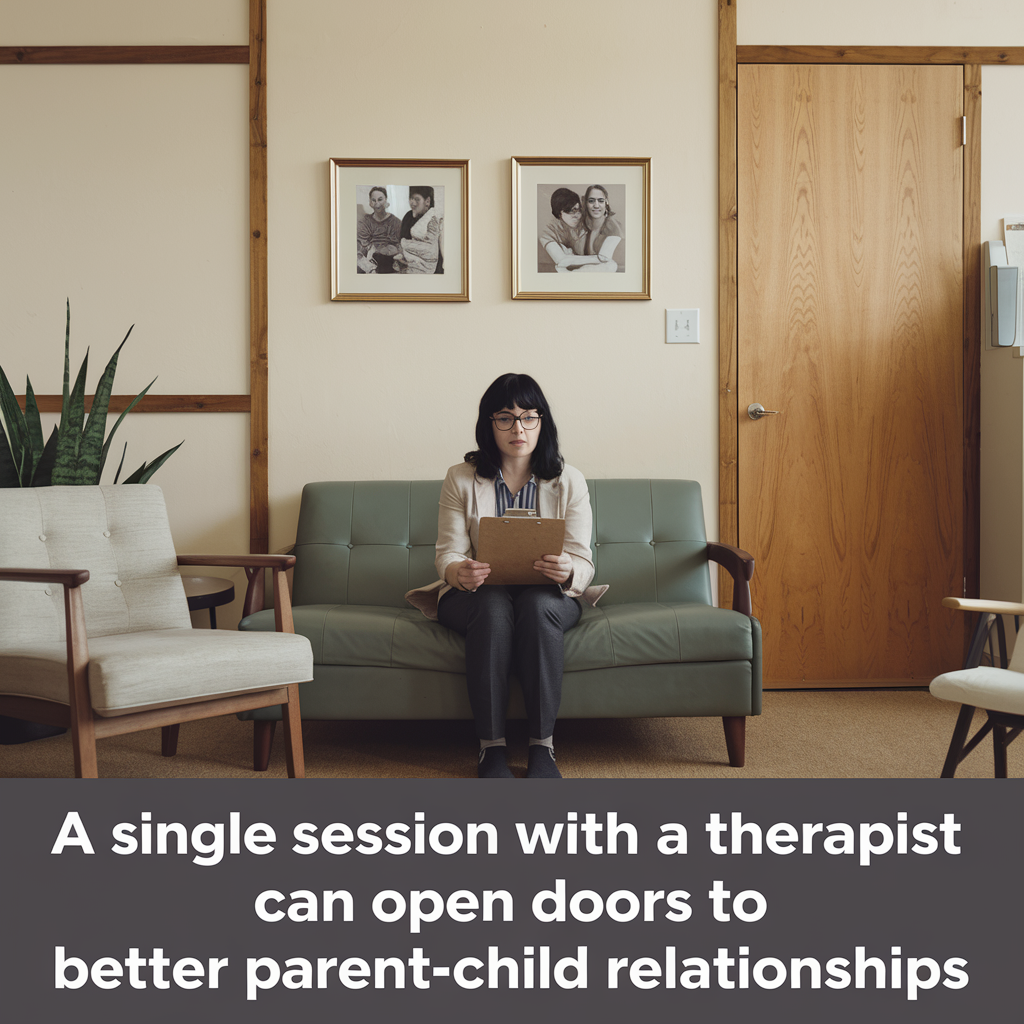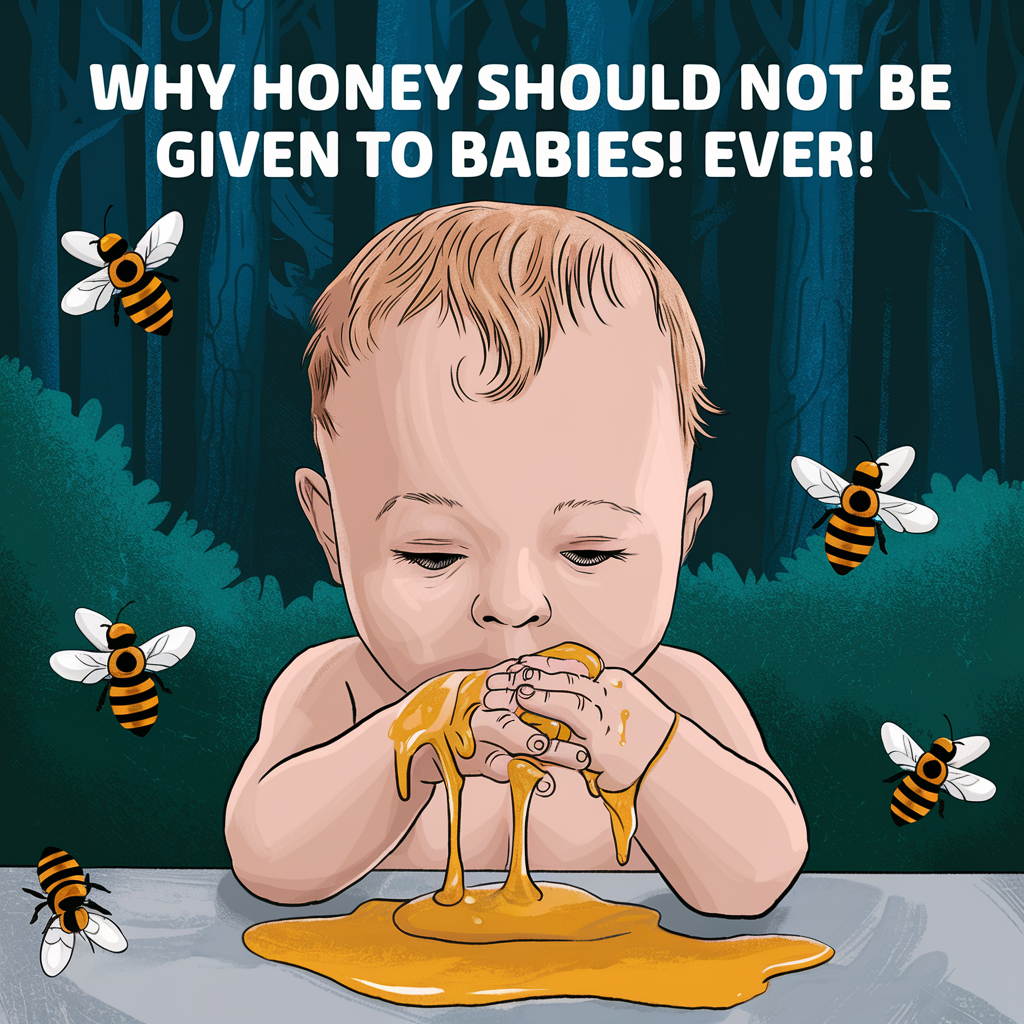
Honey is a delicious and natural sweetener enjoyed by people of all ages. However, when it comes to infants, it’s important to be aware of the potential risks associated with giving honey to babies. In this article, we will explore why honey should not be given to babies and the specific risks it poses to their health.
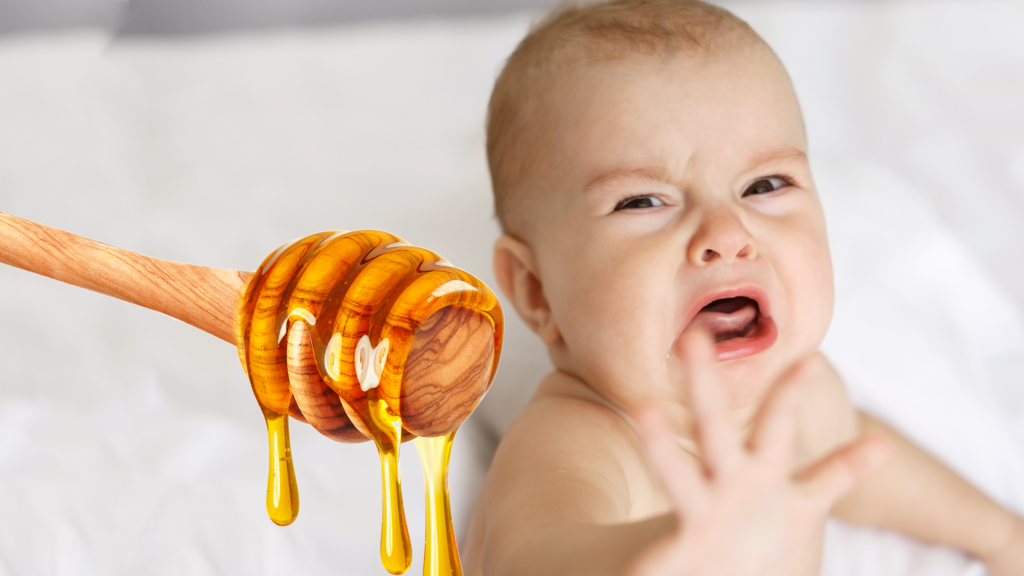
1. The Risk of Infant Botulism
- Understanding Infant Botulism: Infant botulism is a rare but serious condition that can occur when babies consume honey. It is caused by the presence of Clostridium botulinum spores in honey, which can germinate and produce toxins in an infant’s immature digestive system.
2. The Immature Digestive System of Babies
- Vulnerability to Botulinum Toxin: Babies under one year of age have an immature digestive system that is not fully equipped to handle the botulinum toxin produced by Clostridium botulinum. The toxin can interfere with their muscle control and lead to symptoms such as constipation, weakness, poor feeding, and weak crying.
3. Importance of Avoiding Honey in Infants
- Risk Reduction: To protect infants from the risk of botulism, it is crucial to avoid giving them honey in any form, including raw honey, honey-based products, and foods containing honey as an ingredient.
4. Safe Alternatives for Infant Nutrition
- Breast Milk or Formula: Breast milk or formula provides all the necessary nutrients for a baby’s growth and development during the first year of life. They are safe and specifically designed to meet the nutritional needs of infants.
- Introduction of Solid Foods: When the time comes to introduce solid foods, follow the guidance of healthcare professionals and introduce age-appropriate foods gradually. Opt for mashed or pureed fruits and vegetables, cereals, and other suitable options recommended for your baby’s age and development.
5. Consult with a Pediatrician
- Expert Guidance: It is always recommended to consult with a pediatrician regarding your baby’s nutrition and introduction of solid foods. They can provide personalized advice based on your baby’s individual health, growth, and developmental milestones.
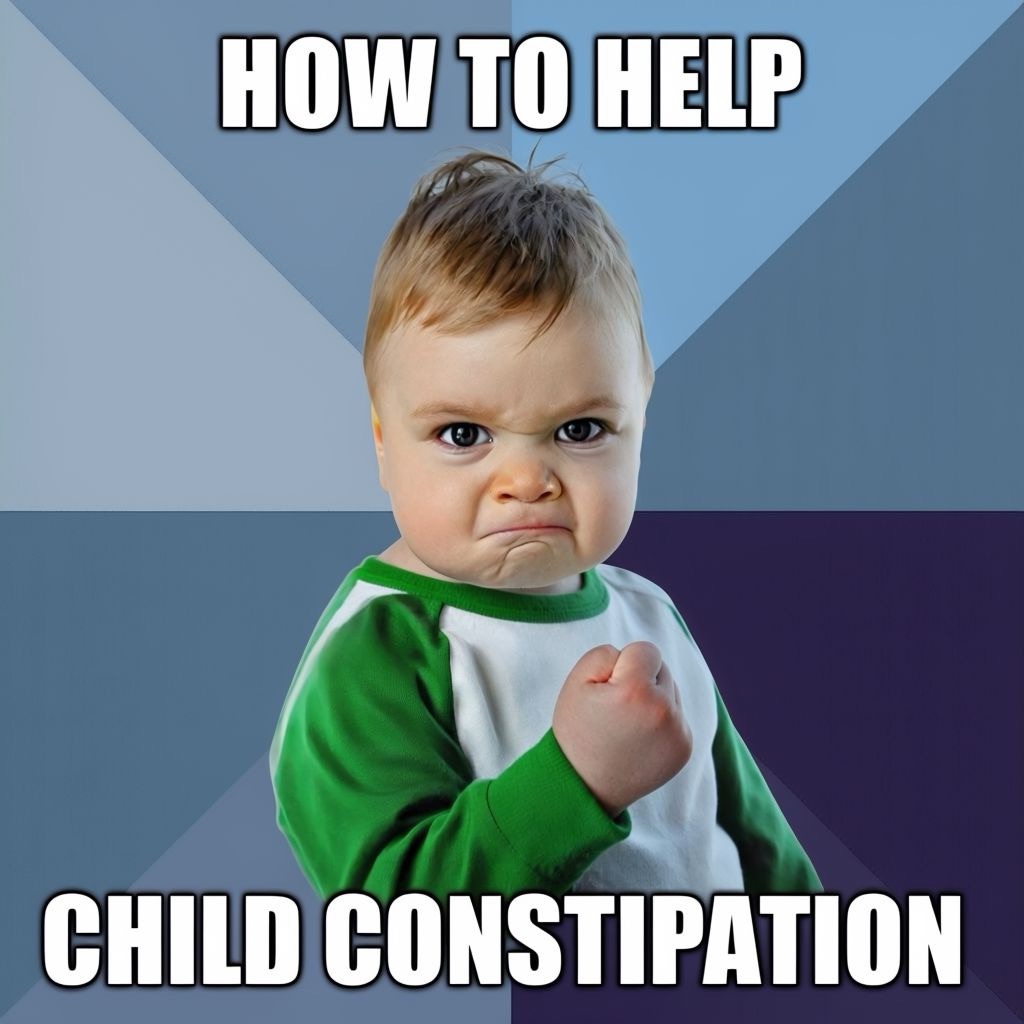
As much as we love honey, it is important to understand that it should not be given to babies under one year of age due to the risk of infant botulism. The immature digestive systems of infants make them vulnerable to the botulinum toxin present in honey. By avoiding honey and following safe feeding practices, parents can ensure the health and well-being of their precious little ones. Remember to consult with a pediatrician for guidance on your baby’s nutrition and feeding journey.
As an Amazon Associate we earn from qualifying purchases through some links in our articles.
